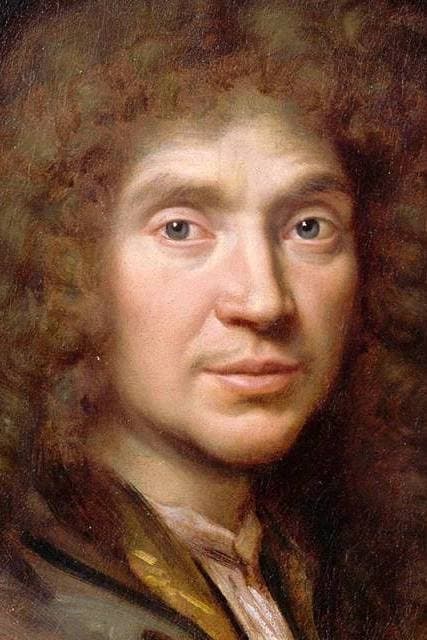Biography
Jean-Baptiste Lully (UK: LUUL-ee, US: loo-LEE, French: [ʒɑ̃ batist lyli]; born Giovanni Battista Lulli, Italian: [dʒoˈvanni batˈtista ˈlulli]; 28 November [O.S. 18 November] 1632 – 22 March 1687) was an Italian naturalized French composer, guitarist, violinist, and dancer who is considered a master of the French Baroque music style. Best known for his operas, he spent most of his life working in the court of Louis XIV of France and became a French subject in 1661. He was a close friend of the playwright Molière, with whom he collaborated on numerous comédie-ballets, including L'Amour médecin, George Dandin ou le Mari confondu, Monsieur de Pourceaugnac, Psyché and his best known work, Le Bourgeois gentilhomme. Lully was born on November 28, 1632, in Florence, Grand Duchy of Tuscany, to Lorenzo Lulli and Caterina Del Sera, a Tuscan family of millers. His general education and his musical training during his youth in Florence remain uncertain, but his adult handwriting suggests that he manipulated a quill pen with ease. He used to say that a Franciscan friar gave him his first music lessons and taught him guitar. He also learned to play the violin. In 1646, dressed as Harlequin during Mardi Gras and amusing bystanders with his clowning and his violin, the boy attracted the attention of Roger de Lorraine, chevalier de Guise, son of Charles, Duke of Guise, who was returning to France and was looking for someone to converse in Italian with his niece, Mademoiselle de Montpensier (la Grande Mademoiselle). Guise took the boy to Paris, where the fourteen-year-old entered Mademoiselle's service; from 1647 to 1652 he served as her "chamber boy" (garçon de chambre). He probably honed his musical skills by working with Mademoiselle's household musicians and with composers Nicolas Métru, François Roberday and Nicolas Gigault. The teenager's talents as a guitarist, violinist, and dancer quickly won him the nicknames "Baptiste", and "le grand baladin" (great street-artist).When Mademoiselle was exiled to the provinces in 1652 after the rebellion known as the Fronde, Lully "begged his leave ... because he did not want to live in the country." The princess granted his request.
By February 1653, Lully had attracted the attention of young Louis XIV, dancing with him in the Ballet royal de la nuit. By March 16, 1653, Lully had been made royal composer for instrumental music. His vocal and instrumental music for court ballets gradually made him indispensable. In 1660 and 1662 he collaborated on court performances of Francesco Cavalli's Xerse and Ercole amante. When Louis XIV took over the reins of government in 1661, he named Lully superintendent of the royal music and music master of the royal family. In December 1661, the Florentine was granted letters of naturalization. Thus, when he married Madeleine Lambert (1643–1720), the daughter of the renowned singer and composer Michel Lambert in 1662, Giovanni Battista Lulli declared himself to be "Jean-Baptiste Lully, escuyer [squire], son of Laurent de Lully, gentilhomme Florentin [Florentine gentleman]". The latter assertion was an untruth.From 1661 on, the trios and dances he wrote for the court were promptly published. As early as 1653, Louis XIV made him director of his personal violin orchestra, known as the Petits Violons ("Little Violins"), which was proving to be open to Lully's innovations, as contrasted with the Twenty-Four Violins or Grands Violons ("Great Violins"), who only slowly were abandoning the polyphony and divisions of past decades. When he became surintendant de la musique de la chambre du roi in 1661, the Great Violins also came under Lully's control. He relied mainly on the Little Violins for court ballets.Lully's collaboration with the playwright Molière began with Les Fâcheux in 1661, when Lully provided a single sung courante, added after the work's premiere at Nicolas Fouquet's sumptuous chateau of Vaux-le-Vicomte. Their collaboration began in earnest in 1664 with Le Mariage forcé. More collaborations followed, some of them conceived for fetes at the royal court, and others taking the form of incidental music (intermèdes) for plays performed at command performances at court and also in Molière's Parisian theater.
In 1672, Lully broke with Molière, who turned to Marc-Antoine Charpentier. Having acquired Pierre Perrin's opera privilege, Lully became the director of the Académie Royale de Musique, that is, the royal opera, which performed in the Palais-Royal. Between 1673 and 1687, he produced a new opera almost yearly and fiercely protected his monopoly over that new genre.
After Queen Marie-Thérèse's death in 1683 and the king's secret marriage to Mme de Maintenon, devotion came to the fore at court. The king's enthusiasm for opera dissipated; he was annoyed by Lully's dissolute life and homosexual encounters. Lully had avoided getting too close to the secret homosexual grouping that had gathered in the court around the Duc de Vendome, the Comte de Tallard and the Duc de Gramont. But in 1685 he was accused of improper relations with a page boy living in his household called Brunet. Brunet was removed after a police raid, and Lully escaped punishment. However, to show his general displeasure, Louis XIV made a point of not inviting Lully to perform Armide at Versailles the following year.
Lully died from gangrene, having struck his foot with his long conducting staff during a performance of his Te Deum to celebrate Louis XIV's recovery from surgery. He refused to have his toe amputated. This resulted in gangrene propagating through his body and ultimately infecting the greater part of his brain, causing his death. He died in Paris and was buried in the church of Notre-Dame-des-Victoires, where his tomb with its marble bust can still be seen. All three of his sons (Louis Lully, Jean-Baptiste Lully fils, and Jean-Louis Lully) had musical careers as successive surintendants of the King's Music.
Lully himself was posthumously given a conspicuous place on Titon du Tillet's Parnasse François ("the French Mount Parnassus"). In the engraving, he stands to the left, on the lowest level, his right arm extended and holding a scroll of paper with which to beat time. (The bronze ensemble has survived and is part of the collections of the Museum of Versailles.) Titon honored Lully as:
the prince of French musicians, ... the inventor of that beautiful and grand French music, such as our operas and the grand pieces for voices and instruments that were only imperfectly known before him. He brought it [music] to the peak of perfection and was the father of our most illustrious musicians working in that musical form. ... Lully entertained the king infinitely, by his music, by the way he performed it, and by his witty remarks. The prince was also very fond of Lully and showered him with benefits in a most gracious way.
Filmography
all 12
Movies 11
Producer 1
TV Shows 1
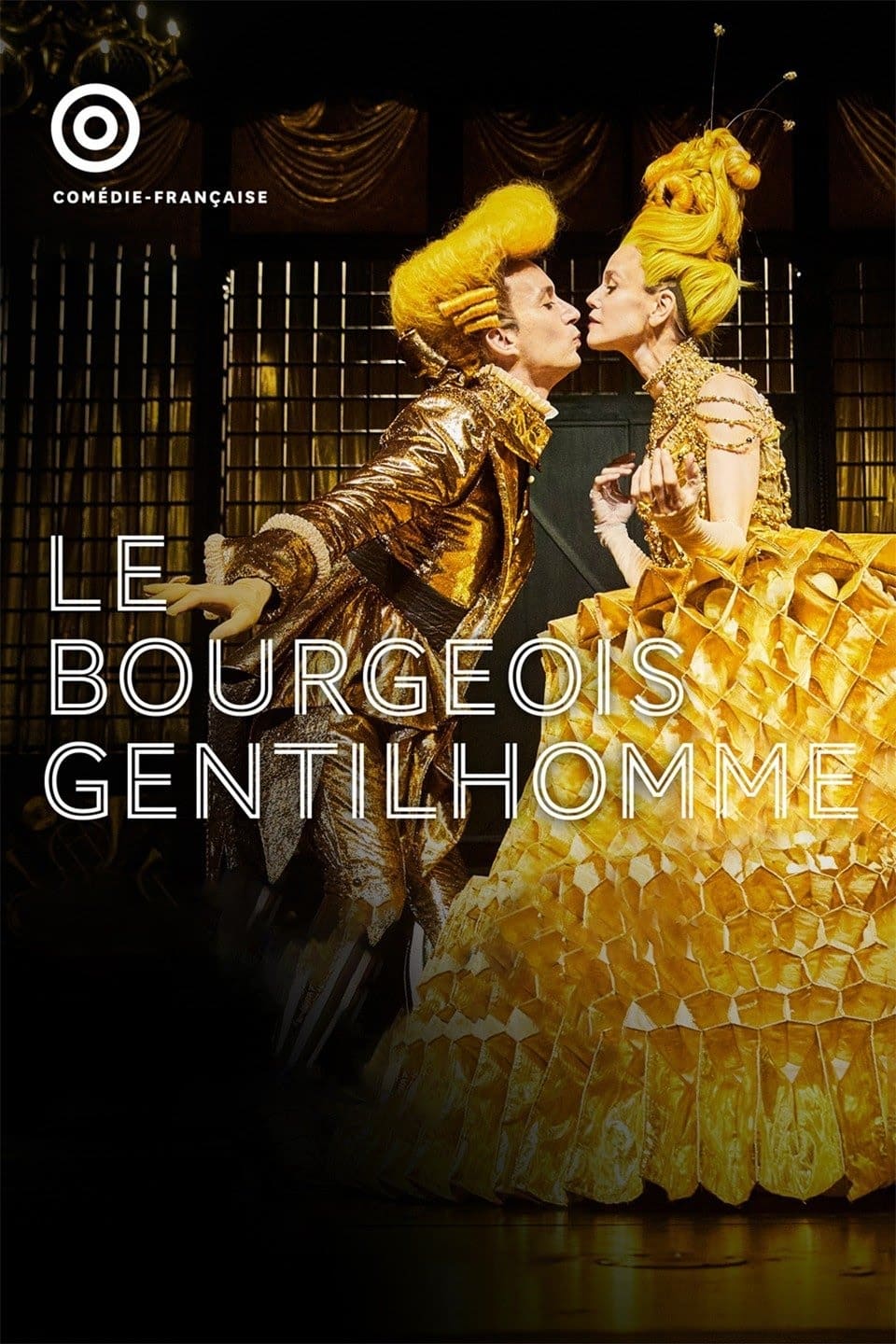
Le Bourgeois Gentilhomme (Comédie Française) (2022)
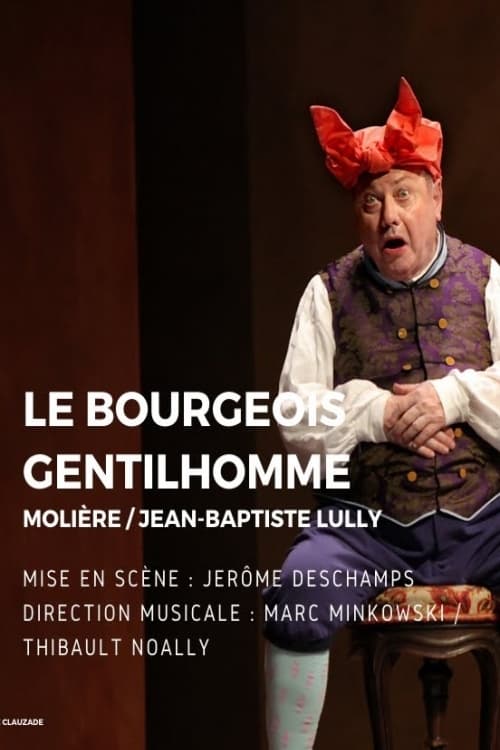
Le Bourgeois gentilhomme (2021)

Phaéton (2018)
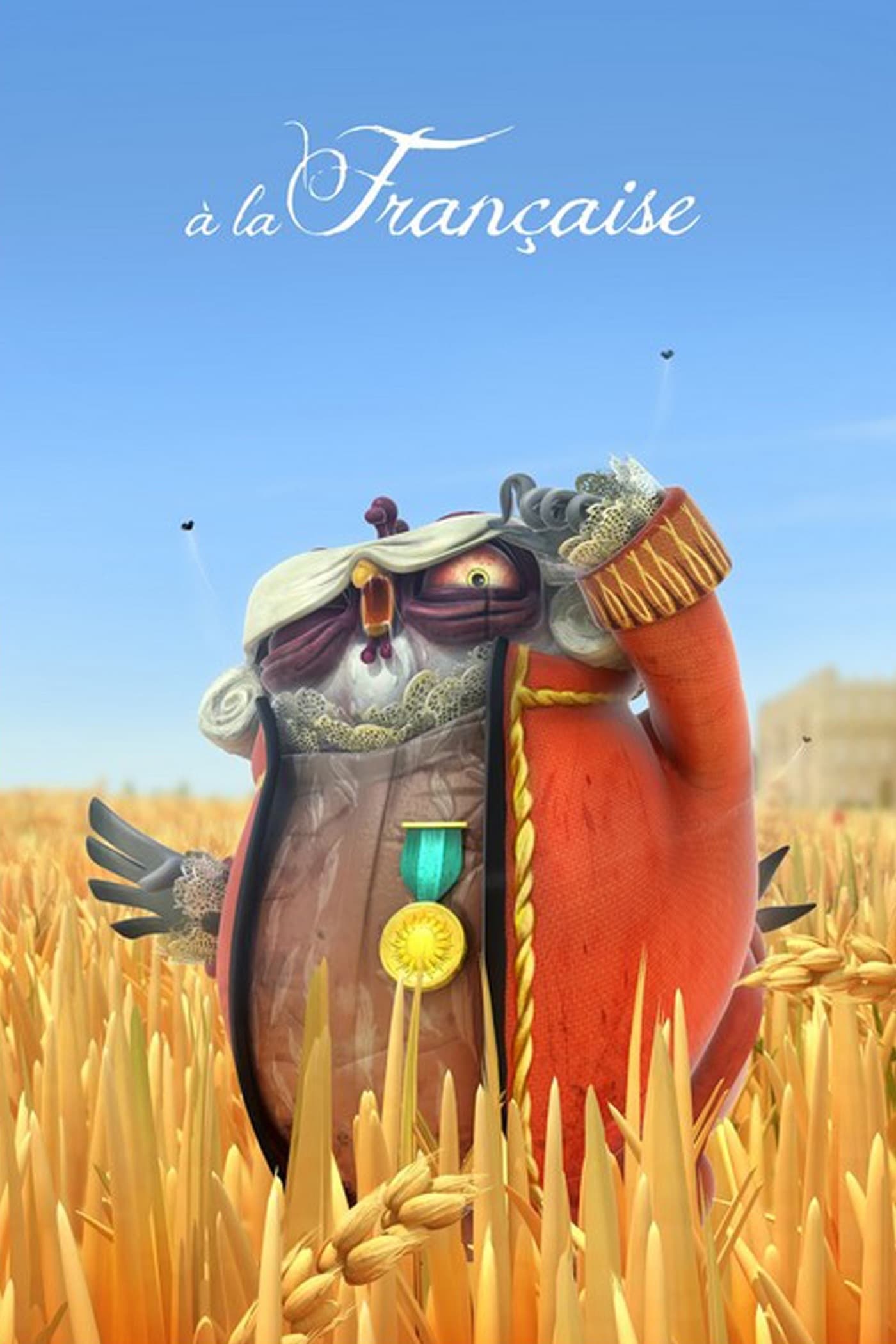
À la française (2012)
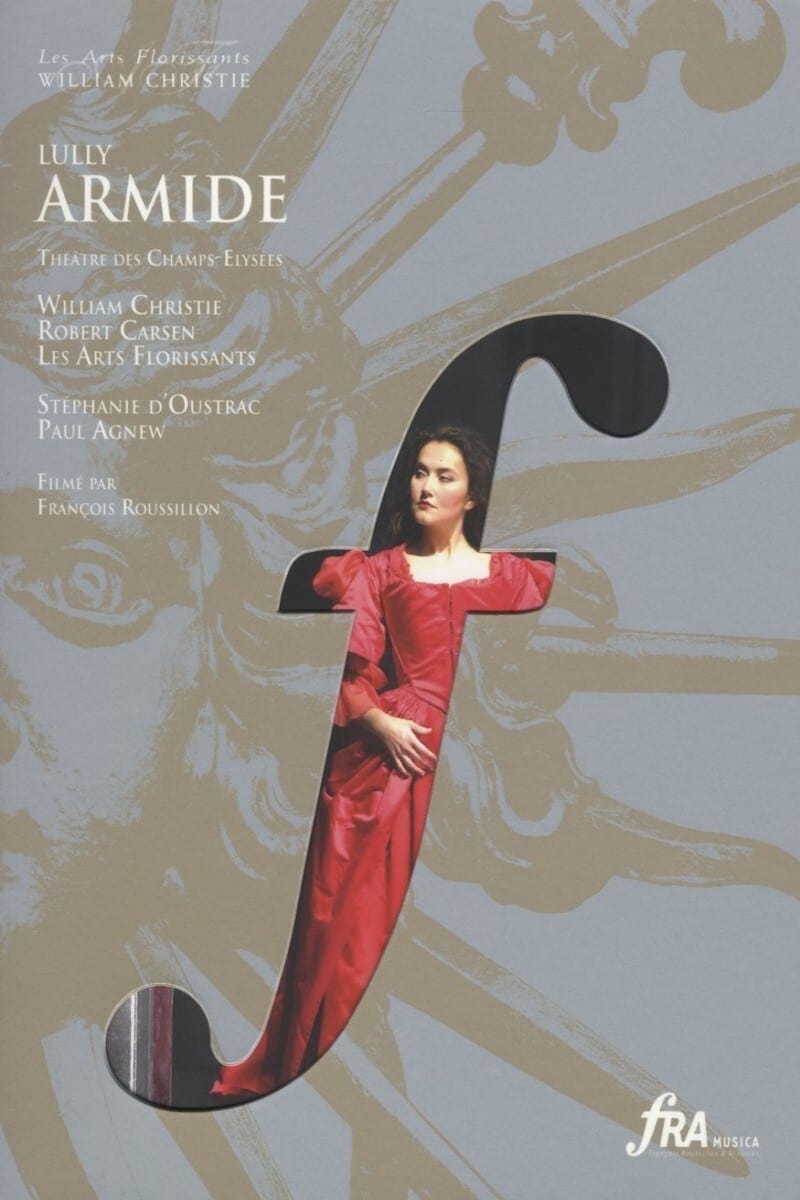
Lully: Armide (2011)
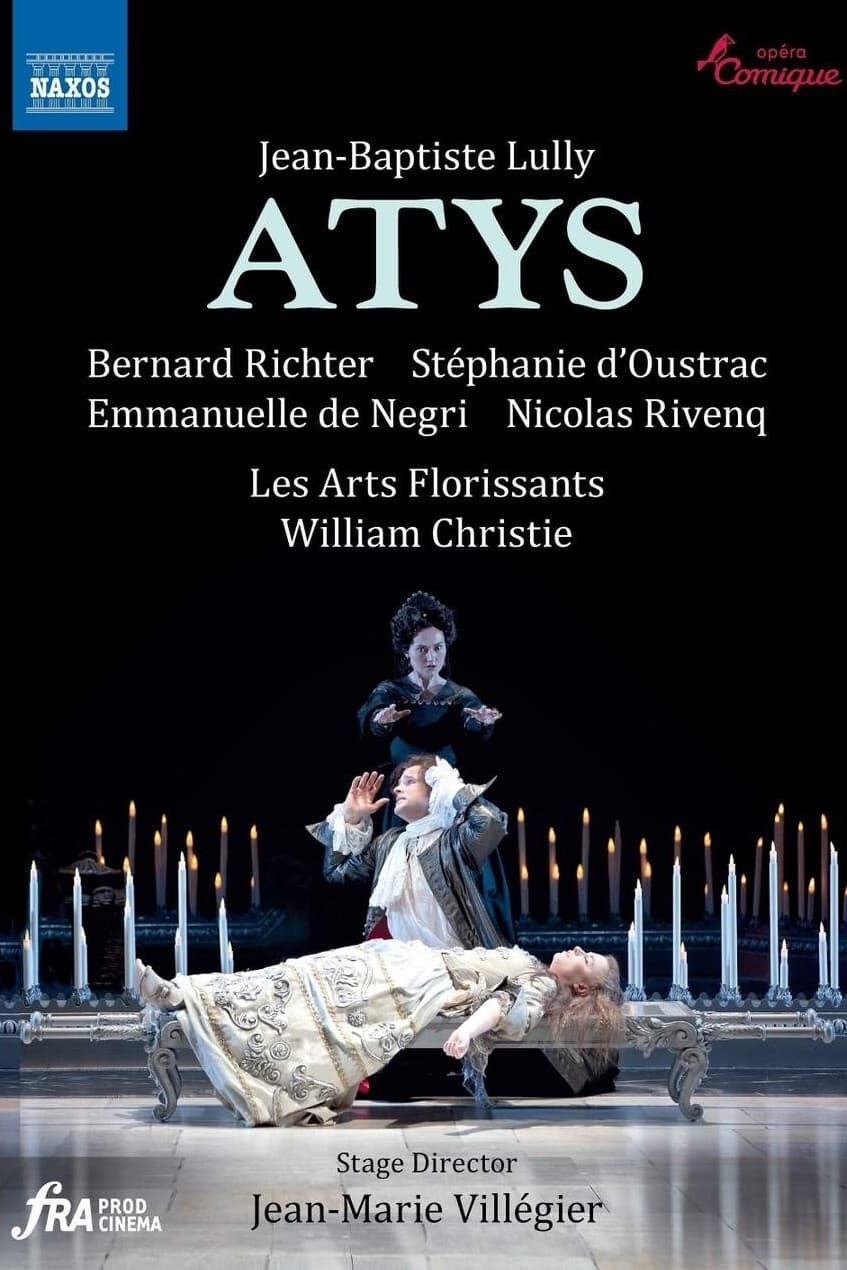
Atys (2011)
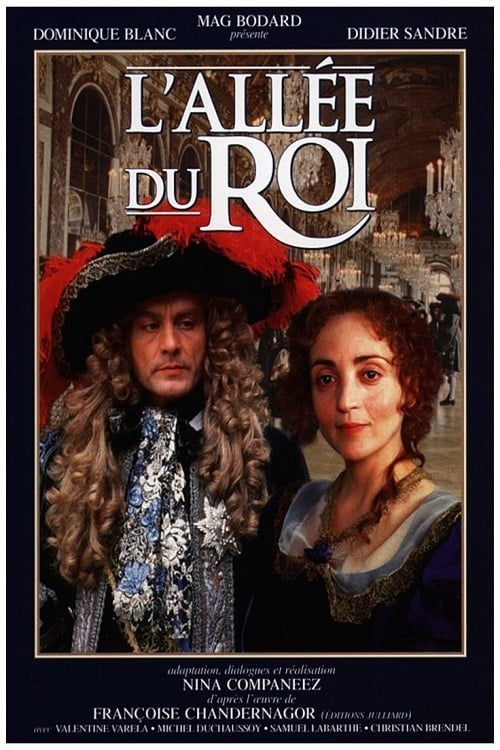
L'Allée du roi (1996)

Revenez plaisirs exilés ! (1992)

L'Opéra du Roi (1989)

Skapinova šibalství (1980)
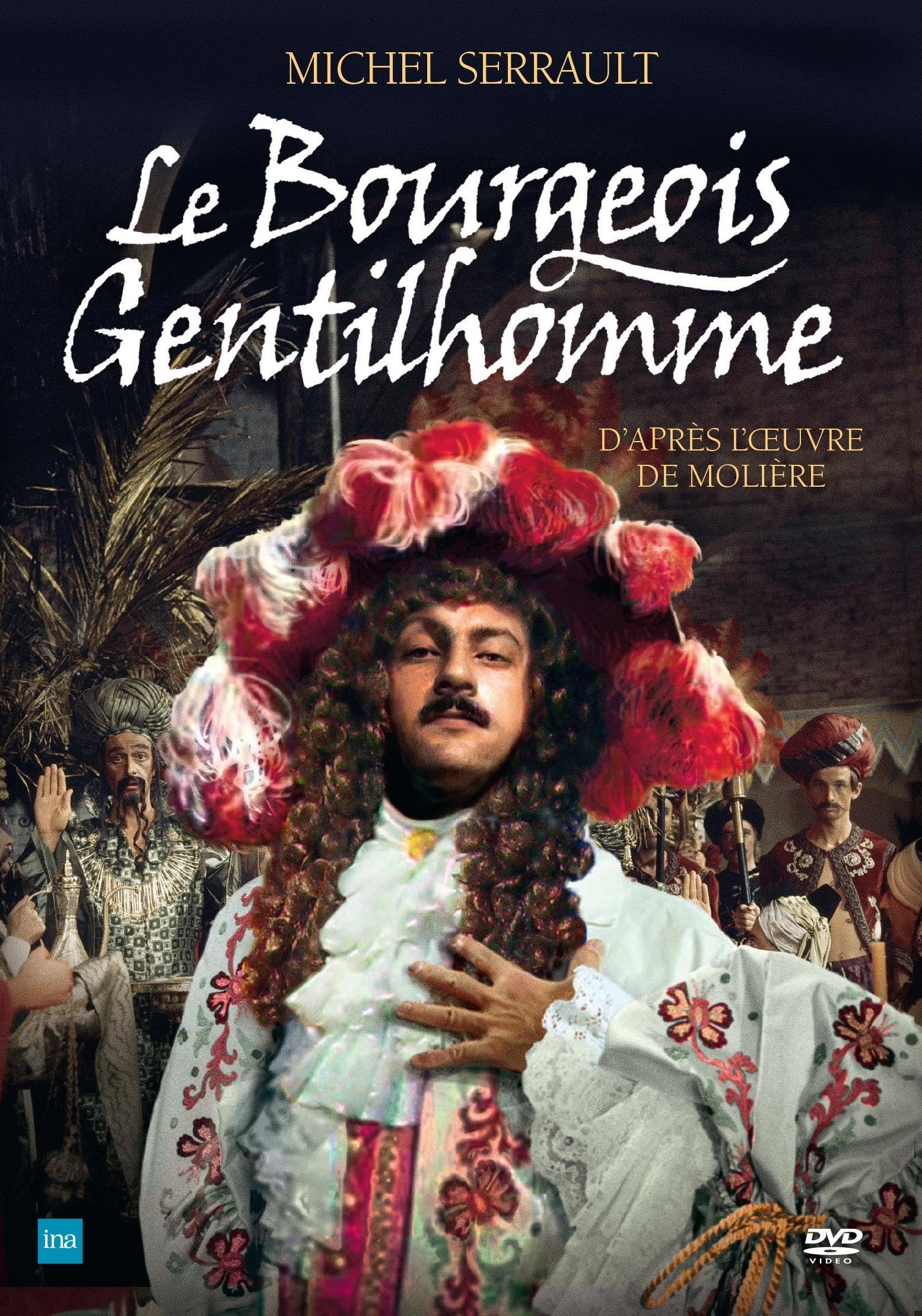
Would-Be Gentleman (1968)
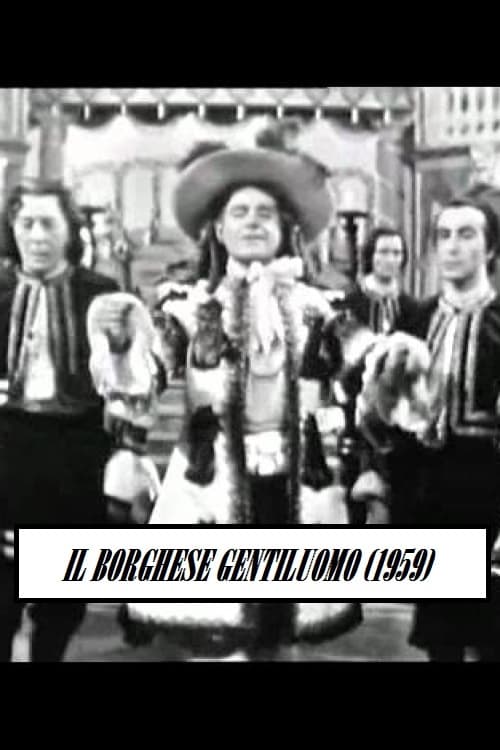
Il borghese gentiluomo (1959)
Ratings
Information
Known ForSound
GenderMale
Birthday1632-11-28
Deathday1687-03-22 (54 years old)
Birth PlaceFlorence, Italy
SpouseMadeleine Lambert
ChildrenJean-Louis Lully, Louis Lully, Jean-Baptiste Lully fils
CitizenshipsGrand Duchy of Tuscany, Kingdom of France
ResidencesFrance, France
Also Known AsJ. B. Lully
This article uses material from Wikipedia.
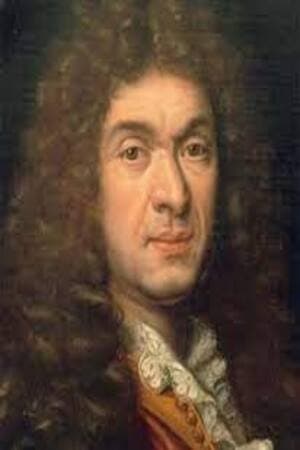 Jean-Baptiste Lully
Jean-Baptiste Lully- Filmography
- Information
- Related Persons
